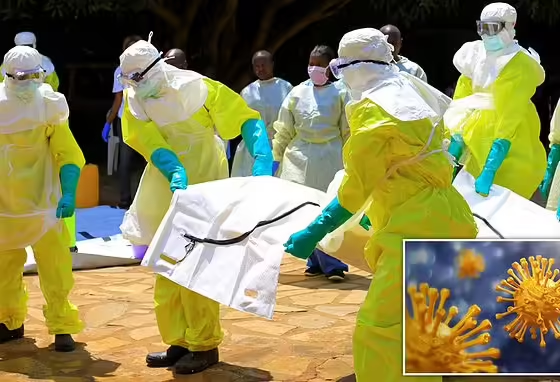New Delhi, 18 December 2024: Authorities in the Democratic Republic of Congo (DRC) have confirmed that a mysterious illness, which had sparked fears of a new epidemic in the region, has been identified as malaria. The outbreak, initially reported in the rural areas of the northeastern province of Ituri, had left several people severely ill, with symptoms including high fever, chills, vomiting, and body pain.
Health officials were alerted when local clinics began reporting an unusual surge in cases presenting these symptoms, coupled with a high fatality rate among untreated individuals. Preliminary investigations ruled out other potential culprits, such as Ebola or typhoid fever, which have previously devastated the region. After laboratory analysis of blood samples, the World Health Organization (WHO) and Congolese health authorities confirmed malaria as the underlying cause of the outbreak.
“While malaria is endemic in the Congo, this outbreak appears to be an unusually severe form of the disease,” said Dr. Jean-Claude Mboko, a senior epidemiologist with the Ministry of Health. Experts believe that a combination of factors, including heavy rainfall, inadequate access to healthcare, and a shortage of mosquito control measures, has exacerbated the situation.
The DRC already faces significant health challenges, including frequent outbreaks of infectious diseases, political instability, and a struggling healthcare infrastructure. In Ituri, the region most affected by the malaria outbreak, many health facilities are ill-equipped to handle the surge in patients. Additionally, widespread displacement due to armed conflict has created ideal conditions for malaria transmission, as displaced populations often live in makeshift shelters without proper mosquito nets.
To combat the outbreak, the government, in collaboration with WHO and other international partners, has launched an emergency response. This includes distributing insecticide-treated bed nets, conducting indoor residual spraying, and providing antimalarial medications to affected communities. Mobile clinics have also been set up to reach remote areas where access to healthcare is limited.
Dr. Mboko emphasized the importance of early diagnosis and treatment in preventing fatalities. “Malaria is a treatable and preventable disease, but timely intervention is critical,” he said. “We urge communities to seek medical attention as soon as symptoms appear and to use the preventive tools available to them.”
The outbreak has highlighted the urgent need for long-term investments in healthcare infrastructure and public health initiatives in the DRC. Experts warn that unless these systemic issues are addressed, the country will continue to face recurring crises of preventable diseases like malaria.
As the emergency response continues, health officials remain cautiously optimistic about containing the outbreak. However, they stress the need for vigilance, as the rainy season—a peak period for malaria transmission—is far from over. The international community has also been urged to provide additional resources and support to prevent further loss of life and to strengthen Congo’s capacity to manage future health crises.









